Q&A: Why I started the anti-IE6 petition
Inigo Media's Dan Frydman explains why he's petitioning the Government to upgrade away from IE6 - and it has a lot to do with buggy Vista.

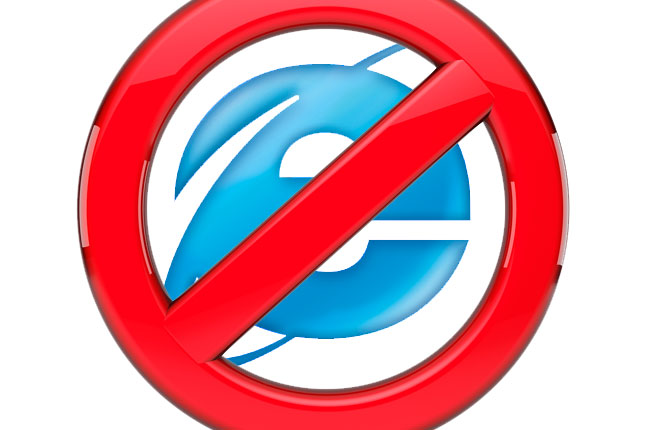
No, they don't. They just assume it will work on their systems. So we as developers have knowledge that most departments and most offices councils and local authorities, as they are in Scotland and most Government funded bodies will all be running IE6, as a matter of course, because it's too expensive to upgrade.
I know from experience working with that that we need to ensure it works on IE6, but what we're trying to do is say: "let's no longer have IE6 as a default browser for the clients that we're building for." And, to make it an extra cost.
That's not to say that we wouldn't do it [build for IE6] and we're not saying that we as a company won't support IE6 in the future for anything that we've done - that's what we've been contracted to do. But for any new work, it would be an extra cost.
And the idea behind that is to try to drive them to acknowledge the cost of developing for such an old browser?
Yeah, just acknowledge it's an extra cost for developers. We can build really good systems for them, and sites that do good things, make it easier for users, if they're not having to use IE6.
The feedback for the e-petition has been quite good. More than 5,000 people have already signed last time we checked. How do you feel about all of that? Is it what you expected?
I was really taken aback, actually. I had a figure in my mind that if it had gotten to 1,000 by Friday that would be pretty amazing.
Sign up today and you will receive a free copy of our Future Focus 2025 report - the leading guidance on AI, cybersecurity and other IT challenges as per 700+ senior executives
Having 500 signatures means it's allegedly then put in front of Gordon Brown, and [will] be considered by the Prime Minister's Office as to whether that's something that should go forward, to be considered for Government policy.
Whether it does anything or not like that is totally up to them. It's a policy decision then. And if the policy decisions then go into actual action is something else, as we know.
So 5,000 is just amazing. I think that's mostly down to the BBC picking it up. They reported that it had just 44 at that time, but then it had only been up online since four o'clock the day before, so they weren't really giving it a chance.
I think maybe people said "oh, if it's just 44!" and they didn't really have the background for how long it'd been online, they were likely to sign up. Within a day it'd gone to over 3,000.
If you had your say with the Government, which browser would you have them using? Does it matter if it's IE8 or Firefox or something else, as long as it's something modern?
It doesn't matter. As long as it will handle the standards compliant HTML and CSS that we work with all the time. This is going to be an even bigger issue when HTML5 comes in.
The longer they wait the harder it's going to be. Most Government departments - almost everyone - will be using Microsoft Windows, so it's an upgrade from Windows 2000 that was the issue.
Windows Vista was seen as a little bit buggy to run and not as stable as they would have liked it to be, but Windows 7 seems to be something that's more stable and then they could go straight to IE8.
XP was more of a personal computing choice, while 2000 was an enterprise system, so they upgraded from NT to 2000, and then from 2000 hopefully to Windows 7.
Freelance journalist Nicole Kobie first started writing for ITPro in 2007, with bylines in New Scientist, Wired, PC Pro and many more.
Nicole the author of a book about the history of technology, The Long History of the Future.
-
 The modern workplace: Standardizing collaboration for the enterprise IT leader
The modern workplace: Standardizing collaboration for the enterprise IT leaderHow Barco ClickShare Hub is redefining the meeting room
-
 Interim CISA chief uploaded sensitive documents to a public version of ChatGPT
Interim CISA chief uploaded sensitive documents to a public version of ChatGPTNews The incident at CISA raises yet more concerns about the rise of ‘shadow AI’ and data protection risks
-
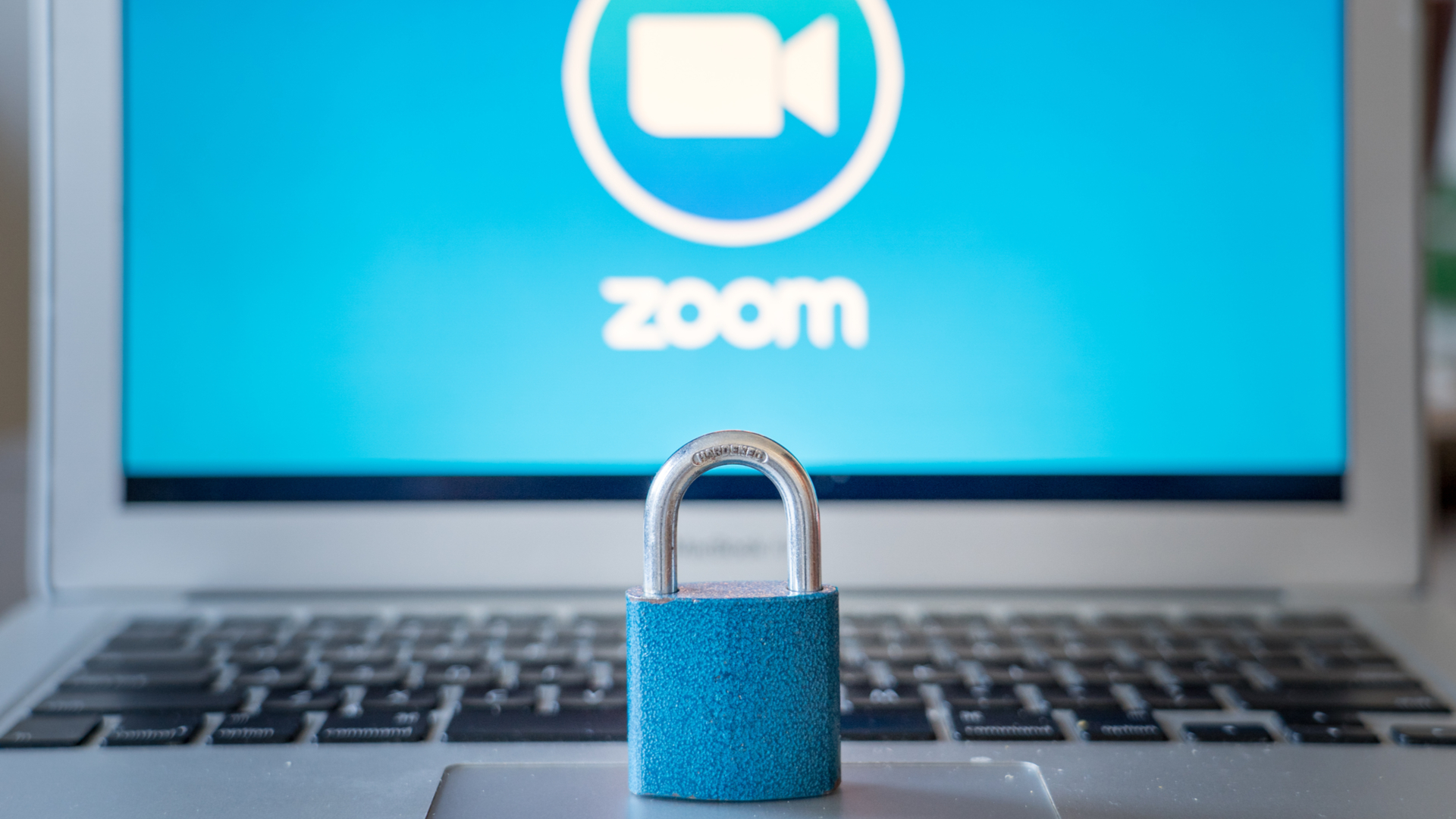 Taiwan becomes first country to ban Zoom amid security concerns
Taiwan becomes first country to ban Zoom amid security concernsNews Public sector bodies are advised to use Microsoft or Google services if they can’t find locally-developed platforms
-
 Government backs scheme to get more women to pursue tech careers
Government backs scheme to get more women to pursue tech careersNews The Your Life campaign wants more young women to study STEM subjects and embark on tech careers
-
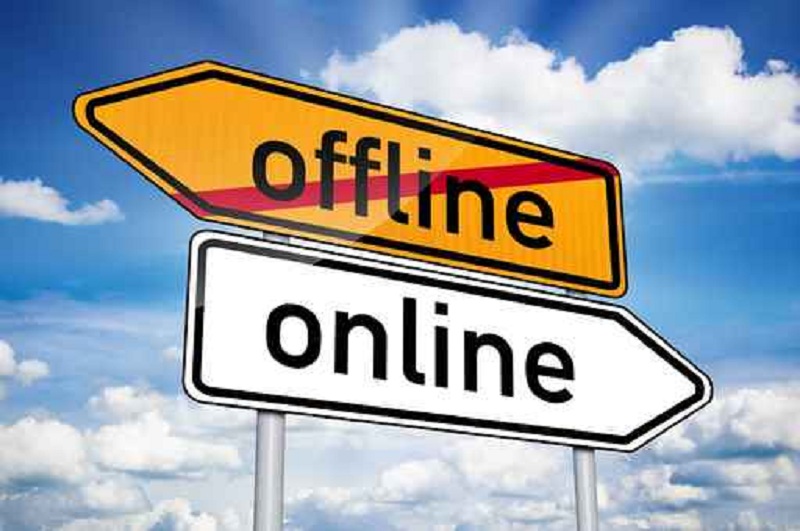 Government plans to get 2.7 million people online by 2016
Government plans to get 2.7 million people online by 2016News BT, EE, Google and Microsoft to help tackle digital exclusion
-
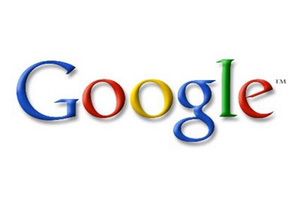 Google to face Government pressure over piracy
Google to face Government pressure over piracyNews Google will face pressure from the Government to remove copyright infringers from its results.
-
 Budget 2011: Osborne announces small business boosts
Budget 2011: Osborne announces small business boostsNews The Government has detailed plans to help small businesses start up and grow in the UK.
-
 UK.gov says upgrading from IE6 'too expensive'
UK.gov says upgrading from IE6 'too expensive'News Her Majesty's Government won't be upgrading its web browsers anytime soon, despite a 6,000-strong petition from concerned internet users.
-
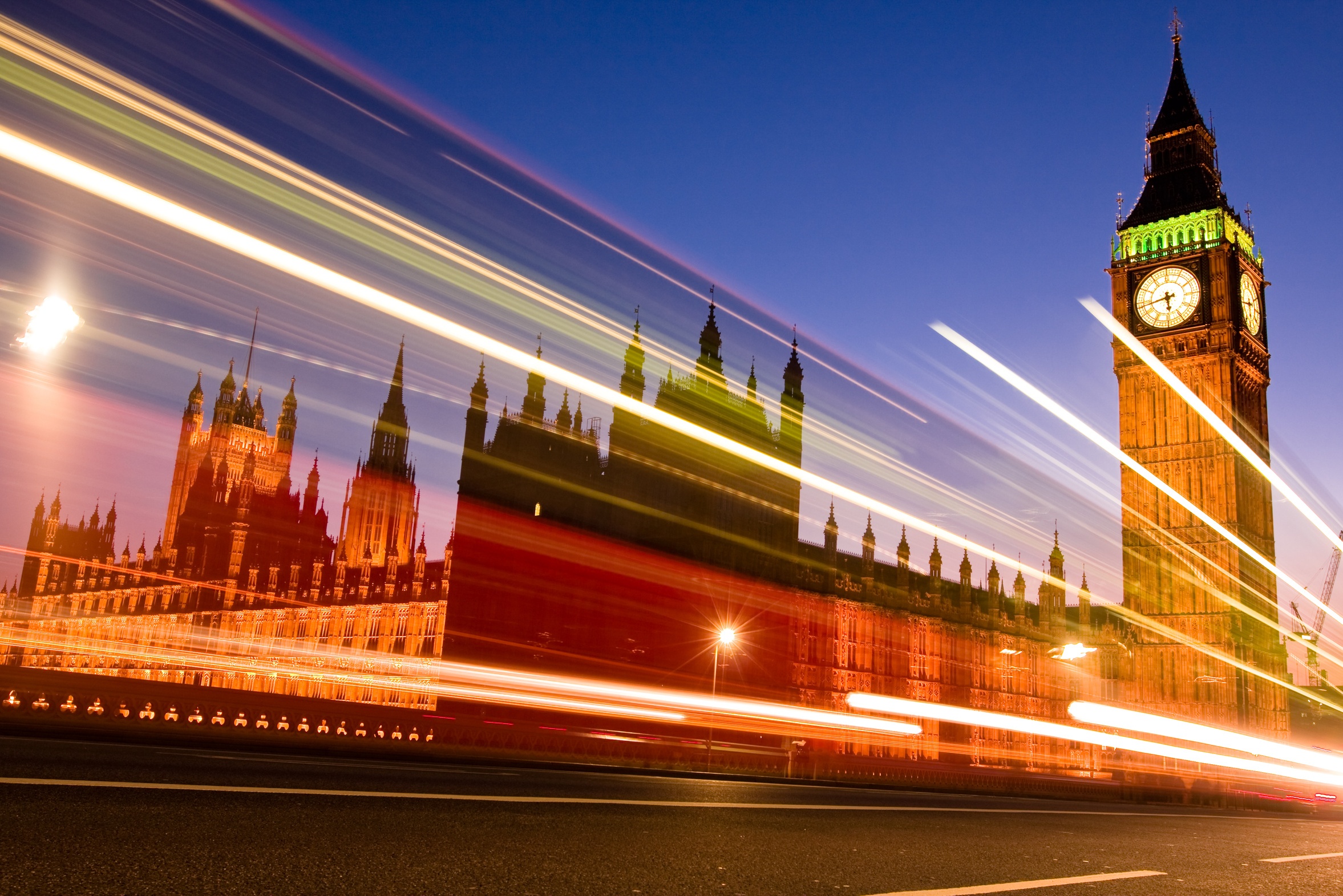 Search engines to be exempt from copyright laws?
Search engines to be exempt from copyright laws?News A new proposal from a Tory peer could see the likes of Google and Bing exempt from copyright laws proposed in the Digital Economy Bill.
-
 Week in Review: Pirates and foxy speeds
Week in Review: Pirates and foxy speedsNews This week in IT, we've seen a new version of Firefox, the end of The Pirate Bay, and government urged to rethink its data policies.
